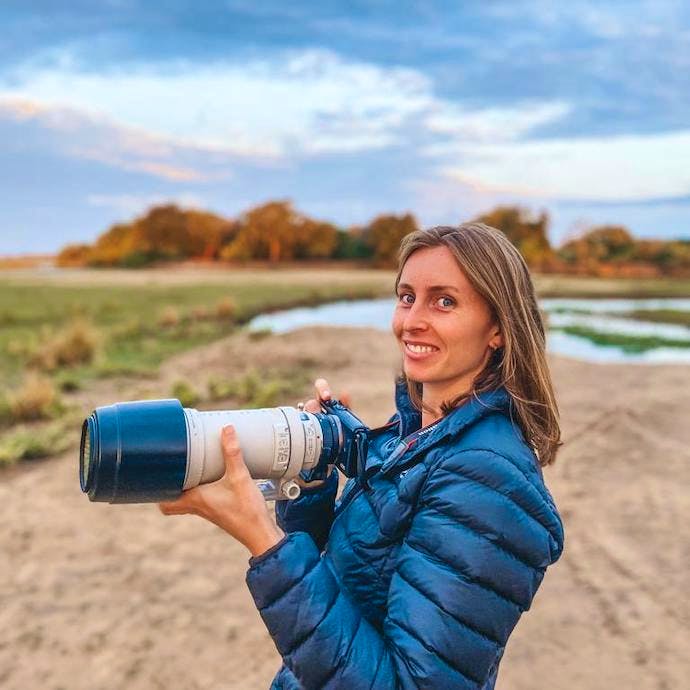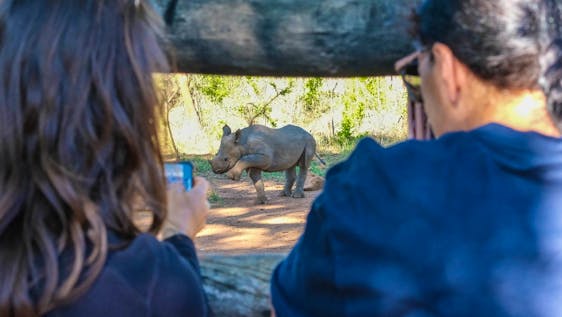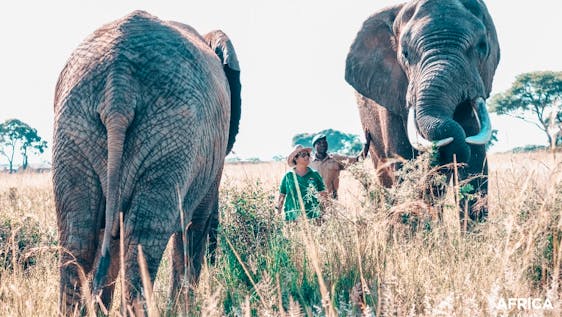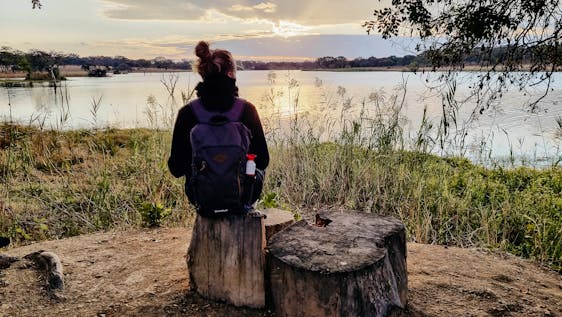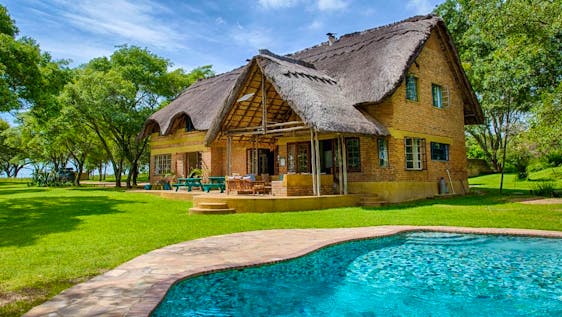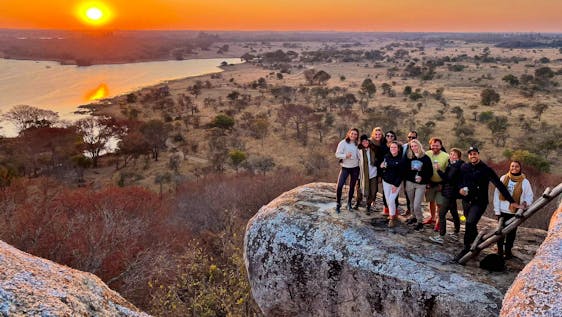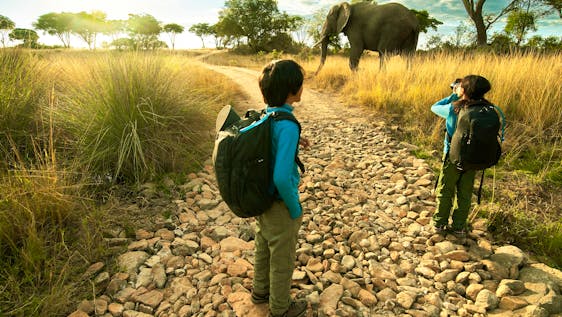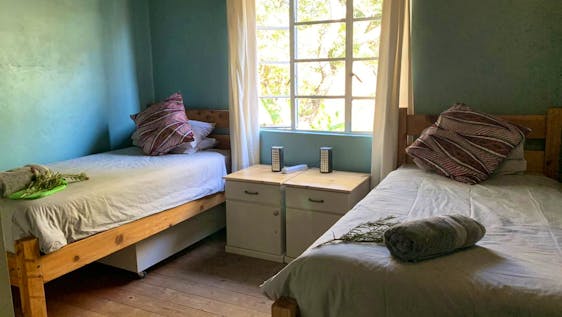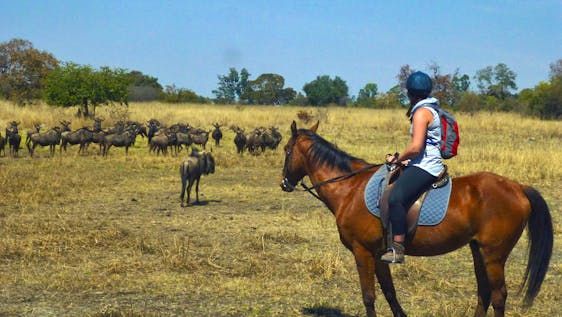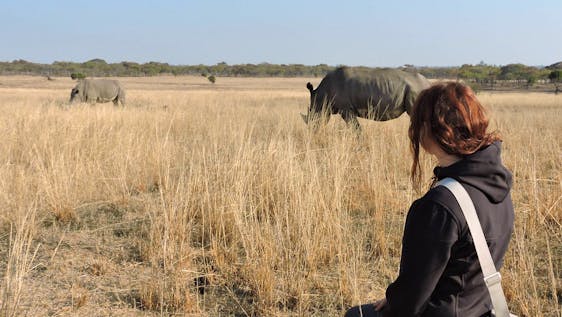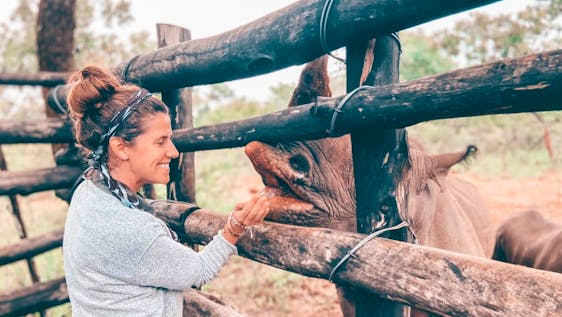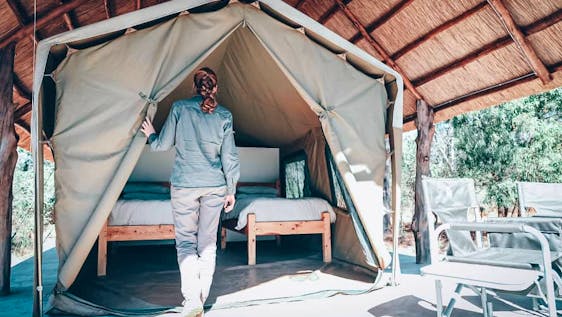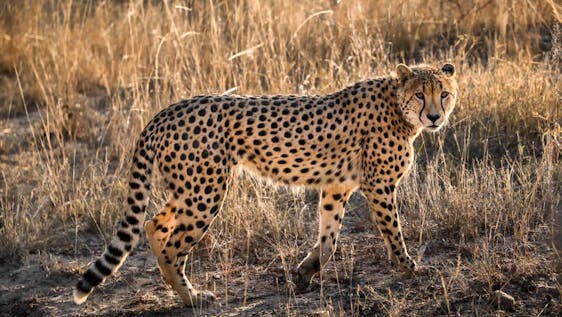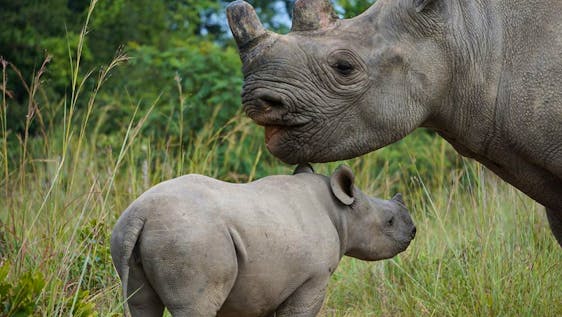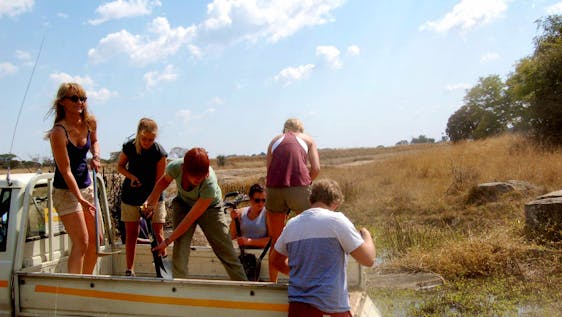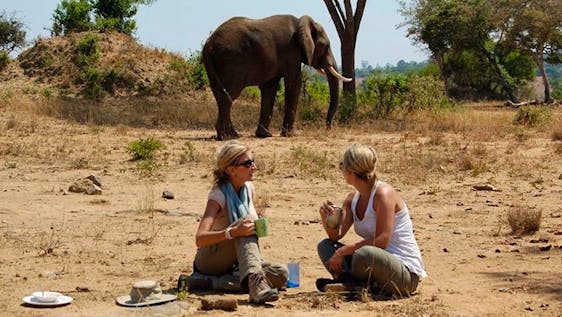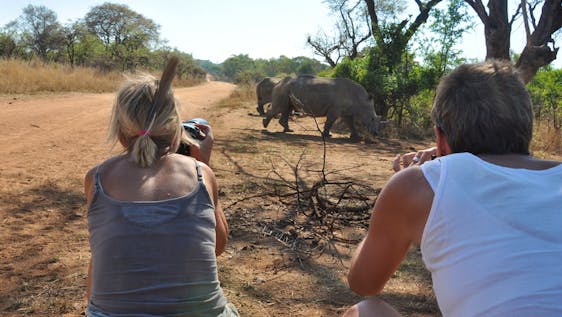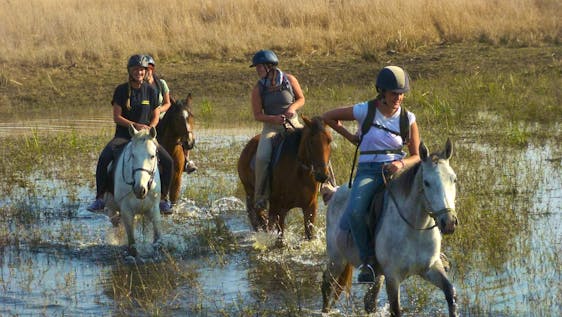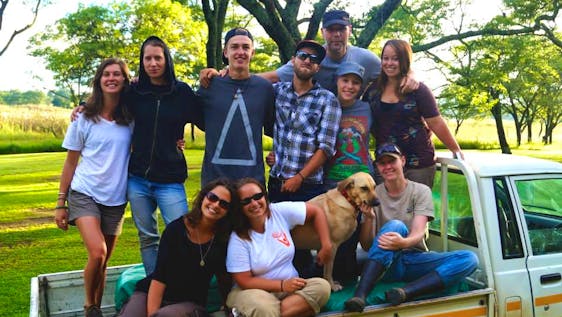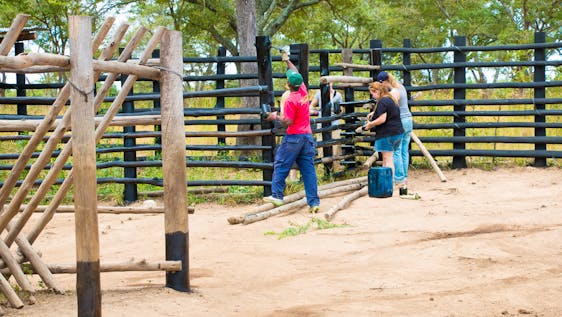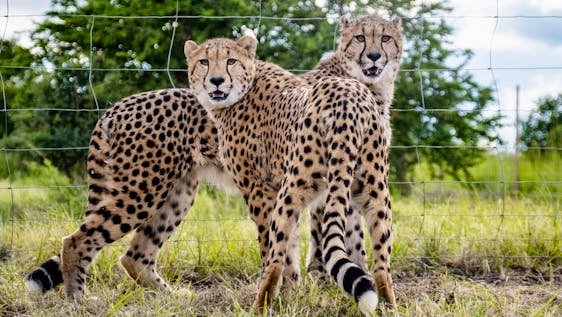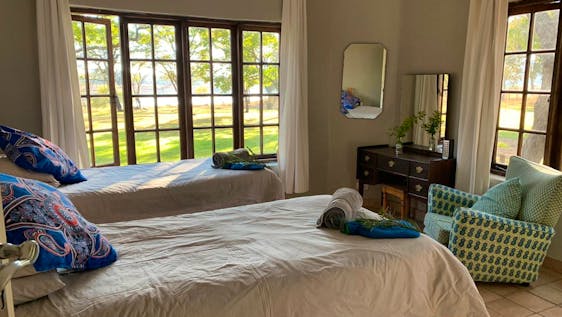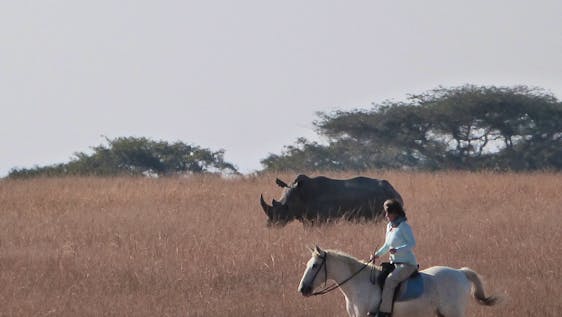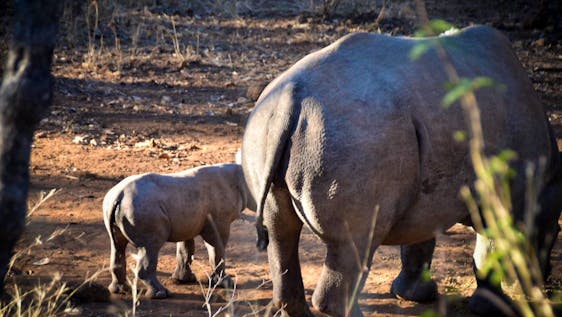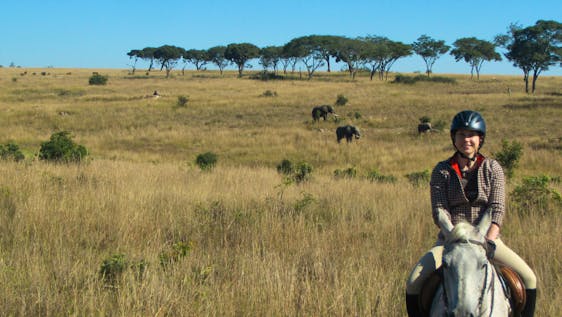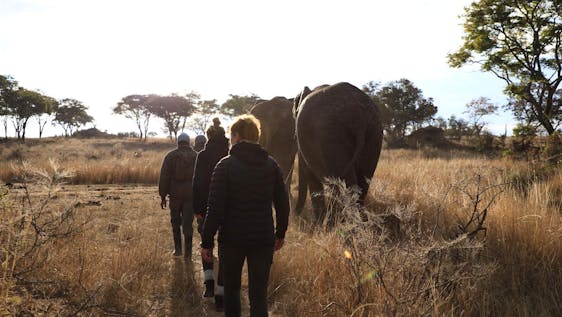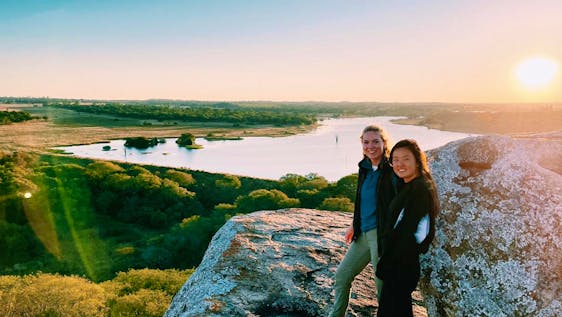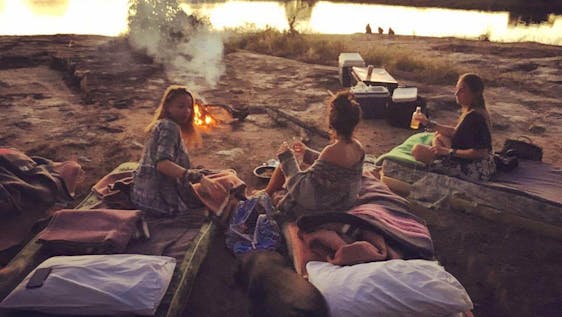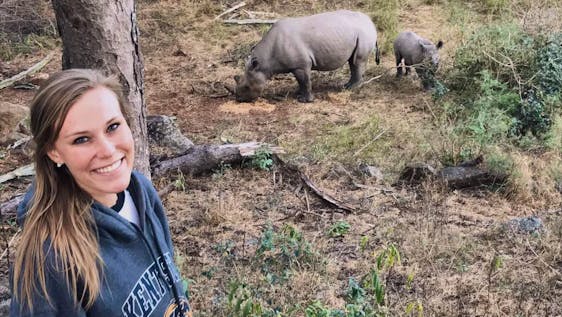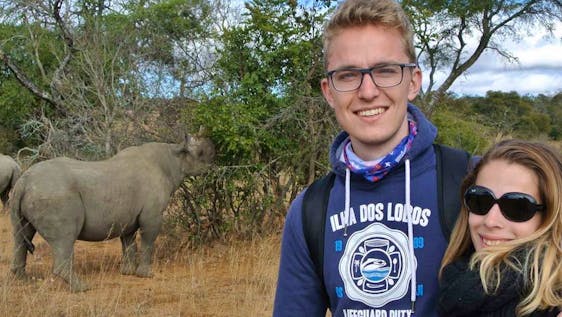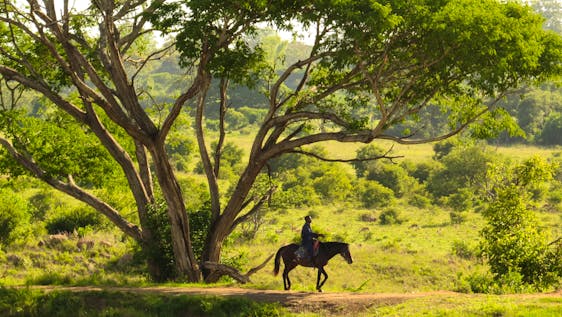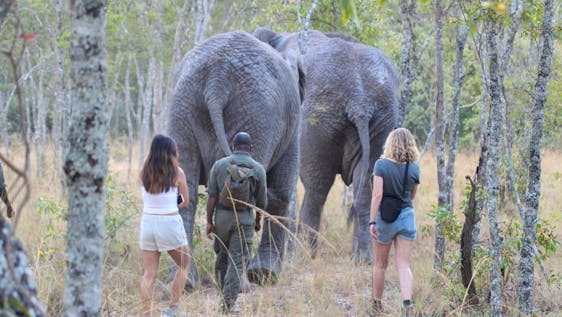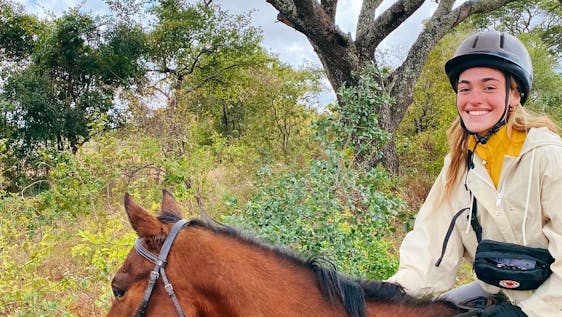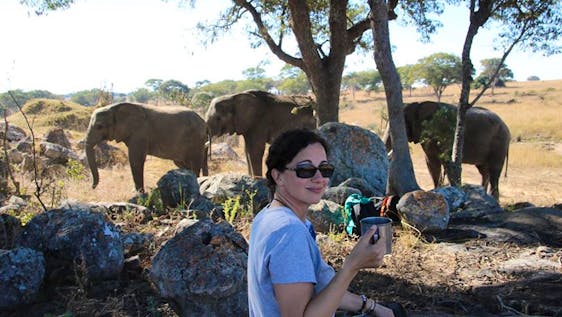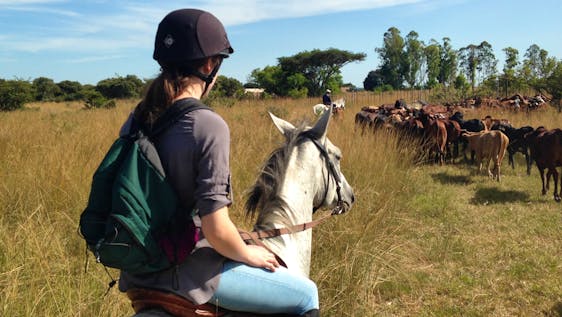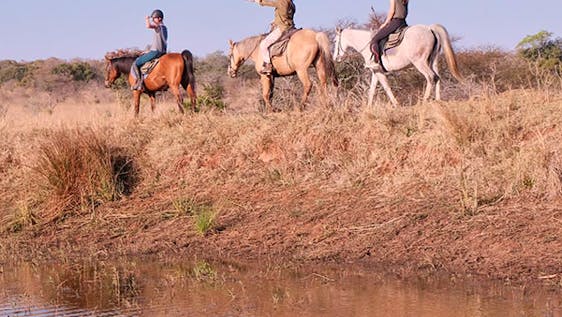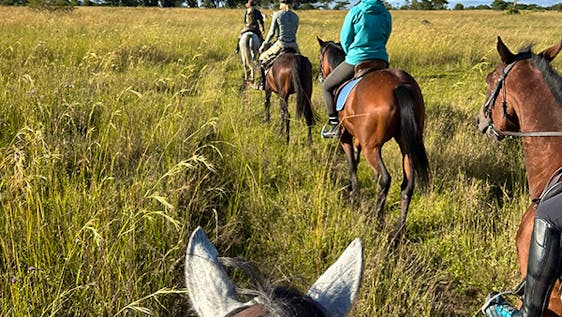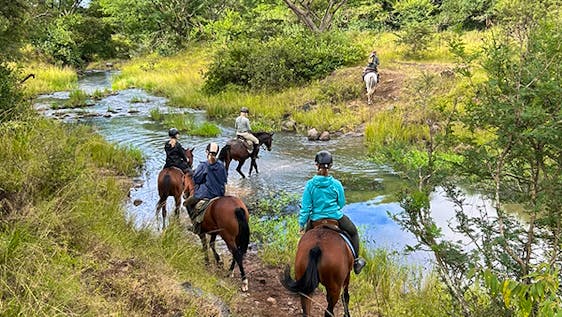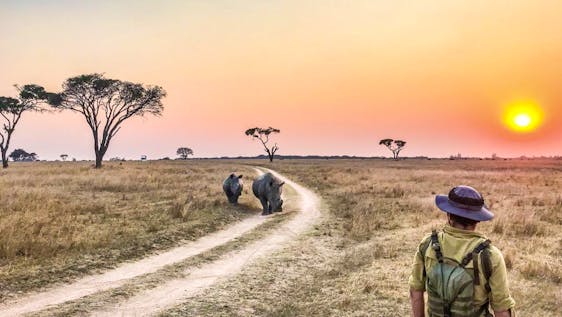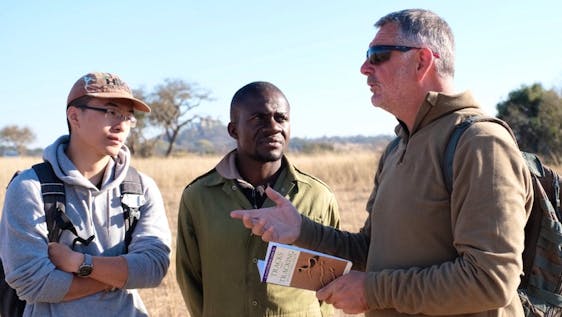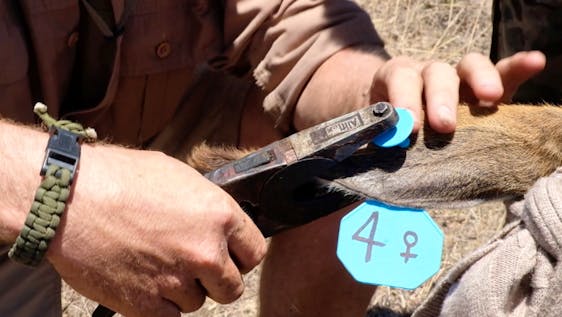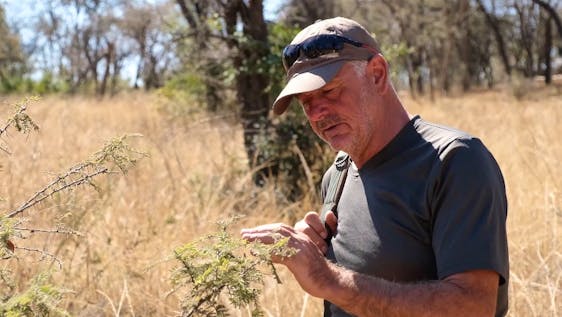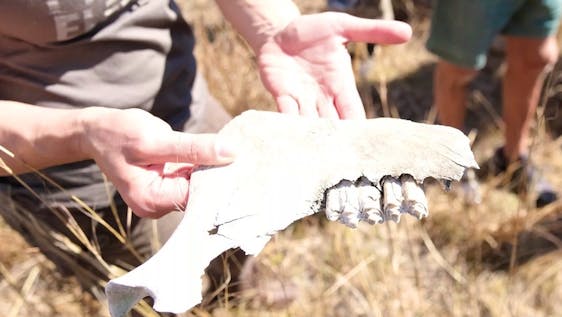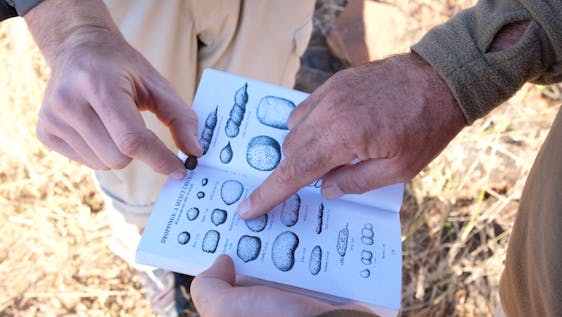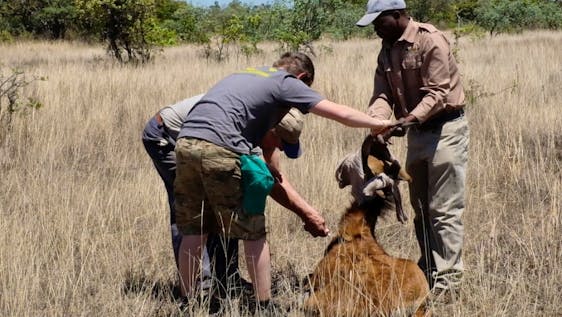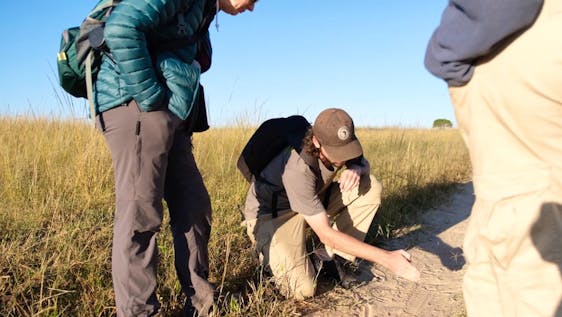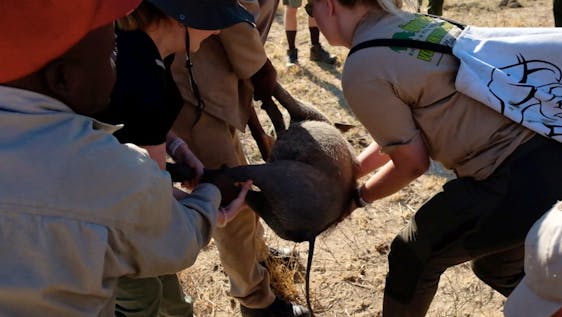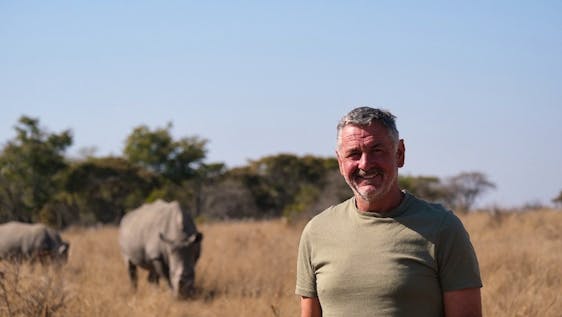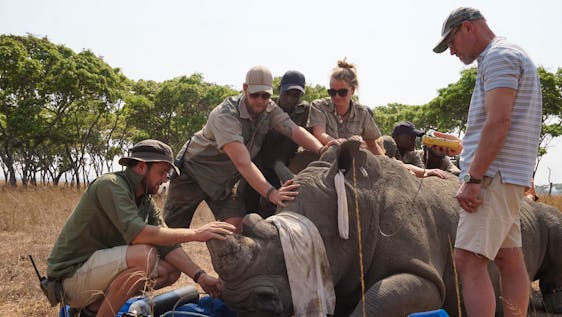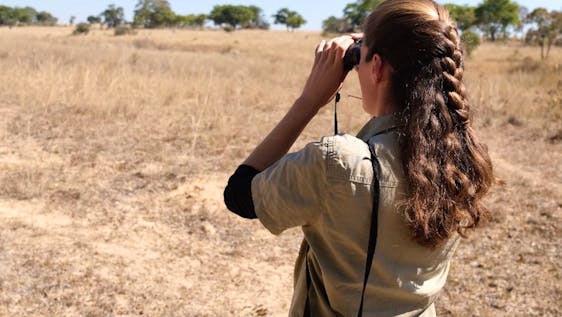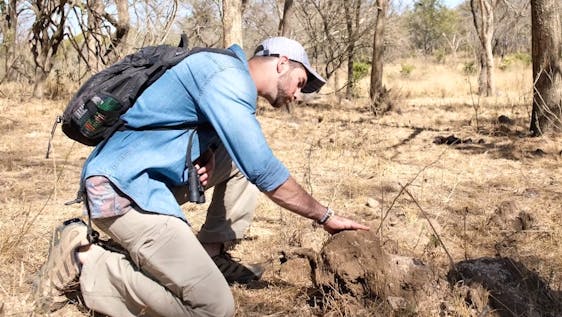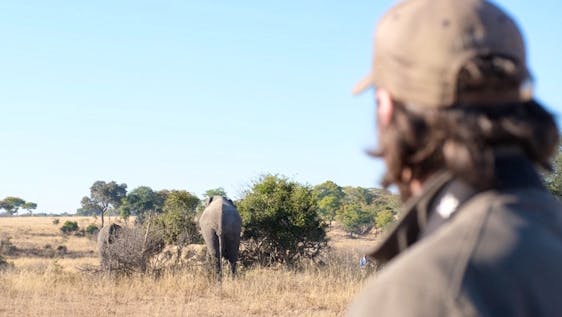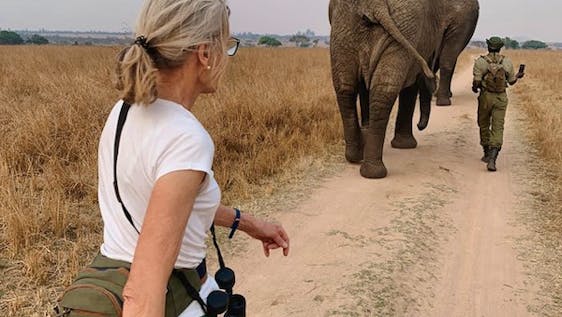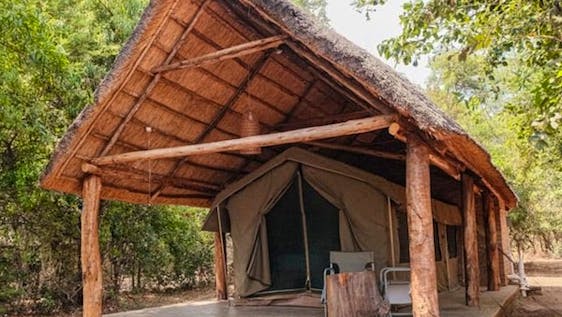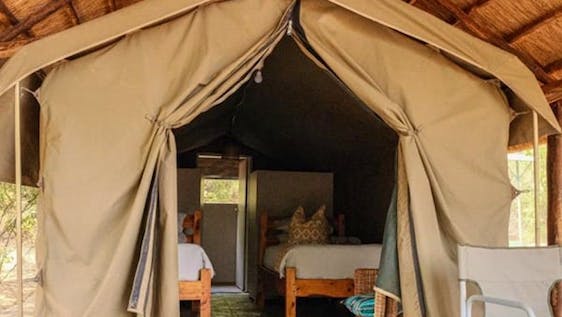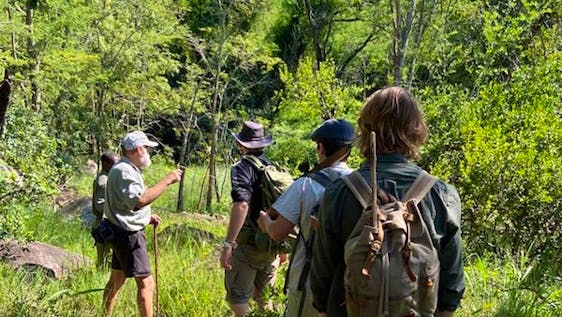Project Background
Imire was founded in 1952 by Norman and Gilly Travers. Originally cattle ranchers and farmers, the Travers also had a great passion for wildlife and conservation, which led to the establishment of Imire as a wildlife conservancy.
In 1987, 250 black rhino were removed from the Zambezi Valley due to a distressing rise in illegal rhino poaching. These rhino were relocated to private conservancies for safety. Imire was granted custodianship of seven orphaned calves and became an intensive black rhino breeding station. To date Imire has successfully released 11 rhino into the wild and they have gone on to breed successfully. The Black Rhino Breeding Programme is world-renowned, helping to protect Zimbabwe’s heritage with the successful re-introduction of this incredible endangered animal back into the wild.
Endangered Species Conservation
Imire: Rhino & Wildlife Conservation is internationally renowned for its black rhino breeding and release programme. The 10,000 acre reserve was given seven orphaned baby black rhino to raise in 1985 and since then 17 rhinos have been born at Imire and 12 released back into National Parks across Zimbabwe and Botswana. Now home to seven black and four white rhino, Imire is also home to three elephants who were orphans that outgrew their rescue sanctuaries back in the 1980s. These elephants could never be released and have found a forever home in as natural an environment as possible. Imire is also home to a buffalo, lion, a huge range of plains game such as giraffe, zebra, waterbuck, kudu and the rare sable antelope. In 2021, Imire became home to two male cheetah, born in captivity in Canada and brought to Zimbabwe as part of a re-wildling project.
Wildlife conservation volunteers get involved with every aspect of game park life, with a focus on rhino, elephants and cheetah. Get up close to these amazing animals and study their behaviour; learn from experienced guides and support the dedicated Anti-Poaching Unit. Volunteers also work on conservancy building and maintenance projects and carry out game counts, herd monitoring, maintenance, reforestation projects and work on the farm.
Volunteers will help with English literacy in the local school, working with a programme that has been approved by Zimbabwe's Ministry of Education, and assist older children with homework and school projects in the project's dedicated Learning Centre. Volunteers also undertake conservation education lessons with high school children, taking them around the conservancy and showing them the importance of caring for the natural environment and the animals within.


